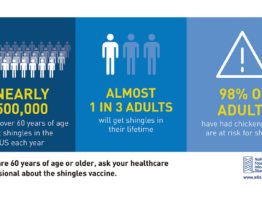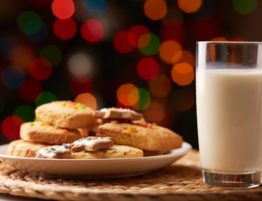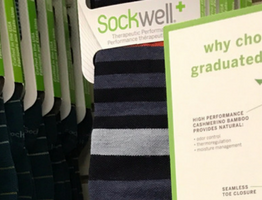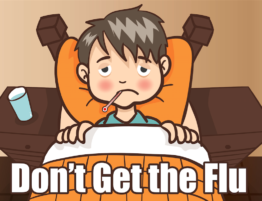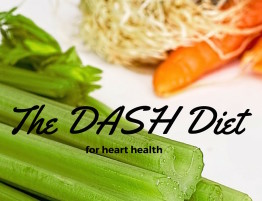
Gastroesophageal Reflux Disease (GERD)
With the holidays quickly approaching, the pharmacists here at Valu-Med thought it would be a good time to discuss a very common issue we see with many of our patients, gastroesophageal reflux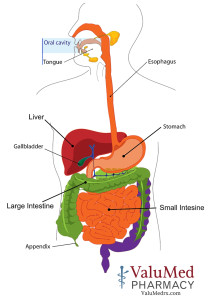 disease, or GERD. In addition, National GERD Awareness week is November 22-28 so it’s a great time to provide you with information and a few tips to help manage your symptoms.
disease, or GERD. In addition, National GERD Awareness week is November 22-28 so it’s a great time to provide you with information and a few tips to help manage your symptoms.
What is GERD?
Gastroesophageal reflux disease, or GERD, is a very common disease, affecting 1 in 5 of adult men and women in the US as well as affecting many children. It is caused by the back flow of acidic or non-acidic stomach contents back into the esophagus. Over time, this backflow can cause damage to the tissue of the esophagus resulting in pain and other complications.
What are the symptoms of GERD?
Symptoms vary from person to person, but the most common reported symptom is heartburn followed by acid regurgitation into the mouth. In addition, patients with GERD can experience symptoms such as: chronic cough, belching, excess saliva production, hoarseness, or pain and difficulty while swallowing.
Are there any symptoms of GERD that would require immediate medical attention?
Chest pain or chest discomfort may be related to acid reflux, but it could also be from a more serious medical condition. We recommend that any pain prompt urgent medical evaluation. In addition, the feeling of food being stuck in the esophagus (dysphagia) needs to be evaluated by a medical professional as soon as possible.
How can I treat GERD?
The best treatment plan for you will need to be discussed with a medical professional. There are several OTC options, such as antacids and other GERD related products that may be used in the short term (max 2 weeks) as you seek medical advice from you primary care provider. Our pharmacists are happy to discuss these options with you. There are also many prescription options that you and your physician can discuss using for long term GERD control.
The holidays are coming up. Any tips to help control my GERD with all of these special food events?
Here are 15 tips to help you reduce GERD over the holidays:
- Schedule an earlier meal.It’s best not to eat late at night if you suffer from GERD.
- Serve light appetizers.Fatty foods like chips, dips, and cheeses are slow to empty from the stomach and more likely to aggravate symptoms.
- Stay active.Stick with your exercise routine during the holidays, as weight loss can help alleviate GERD symptoms.
- Don’t smoke.Nicotine weakens the muscles within your food pipe that prevent back flow (reflux) of stomach contents.
- Nix the juice.Citrus fruits and juices, like grapefruit, orange and tomato, are acidic and can worsen GERD symptoms.
- Season lightly.Spicy foods, as well as things like onions and garlic, often bother people with GERD and make heartburn worse.
- Limit your drinks.Whether wine at dinner or beer during the game, alcohol can worsen reflux.
- Pass on deep frying your turkey.Fried foods are known to exacerbate GERD symptoms.
- Use smaller plates.Eating large meals can trigger symptoms, so try smaller meals spread throughout the day.
- Substitute water for soda.Caffeinated and carbonated beverages are both notorious heartburn aggravators.
- Watch the desserts.Chocolate might be a favorite, but it often bothers people with GERD.
- Skip the after-dinner mint.Peppermint is another heartburn irritant.
- Slow down.Physical exertion after a meal can lead to reflux.
- Stay awake!While the turkey might make you sleepy, fight the urge take a nap. Lying down within 3 hours after eating can cause GERD symptoms to flare up.
- Talk to your doctor. An accurate diagnosis is the first step to receiving the most effective treatment.

